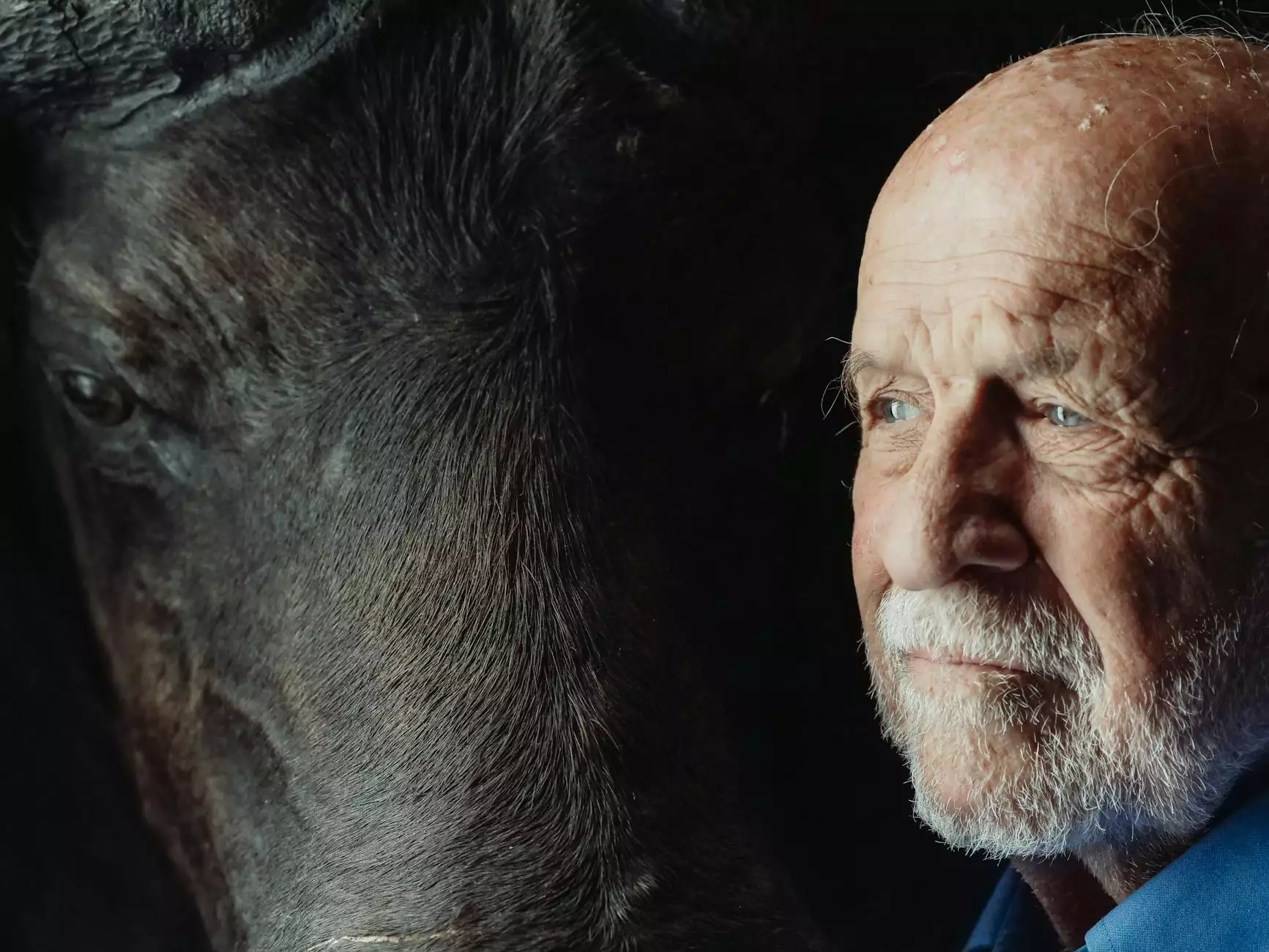Hair Cloning: A Breakthrough in Hair Loss Research

Introduction
In the quest to combat hair loss, Smith, Arthur F, MD has been spearheading groundbreaking research in the field of health. Through extensive studies and innovative approaches, Dr. Smith and his team have made significant strides in hair cloning, presenting a promising solution for individuals struggling with hair loss.
Understanding Hair Cloning
Hair cloning, often referred to as hair multiplication or hair regenerative medicine, is a cutting-edge technique that aims to restore hair growth in individuals experiencing hair loss. Unlike traditional hair transplantation methods, hair cloning involves the replication of healthy hair follicles, enabling their transplantation to areas of thinning or baldness.
The Process of Hair Cloning
Dr. Smith's research focuses on utilizing cutting-edge stem cell technology to harness the regenerative potential of hair follicles. The process involves extracting a small sample of healthy hair follicles from the patient's scalp. These follicles are then processed to isolate and cultivate cells known as dermal papilla cells.
Once the dermal papilla cells are successfully cultured, they can be multiplied in a laboratory setting. These multiplied cells are then injected or transplanted back into the patient's scalp, stimulating new hair growth in the targeted areas.
The Benefits of Hair Cloning
Hair cloning offers numerous advantages over traditional hair restoration techniques. Some key benefits include:
- Permanent Solution: Unlike temporary solutions such as hairpieces or topical treatments, hair cloning provides a long-lasting and permanent solution for hair loss.
- Natural-looking Results: By using the patient's own hair follicles, hair cloning ensures that the transplanted hair matches the existing hair in terms of texture, color, and growth pattern, resulting in natural-looking results.
- No Scarring: Hair cloning avoids unsightly donor scars that can occur with traditional hair transplantation methods, as it does not involve the removal of large strips of skin.
- Increased Hair Density: Hair cloning has the potential to significantly increase hair density, creating a fuller and more youthful appearance.
The Future of Hair Cloning
While hair cloning is still in its early stages, the research conducted by Dr. Smith and his team holds immense promise for the future of hair loss treatment. Ongoing studies aim to refine the process, optimize success rates, and enhance the overall efficacy of hair cloning methodologies.
With continued advancements and breakthroughs, it is anticipated that hair cloning will become an increasingly accessible and widespread solution for individuals seeking effective hair loss treatment.
Conclusion
In conclusion, Dr. Smith, Arthur F, MD, and his dedicated team are driving transformative change in the field of hair loss research through their pioneering work in hair cloning. By leveraging the power of stem cell technology, hair cloning offers a promising solution for individuals grappling with hair loss, providing hope for renewed confidence and self-esteem.
Stay tuned as we continue to follow Dr. Smith's groundbreaking advancements in hair cloning research, revolutionizing the way we approach hair loss treatment.










